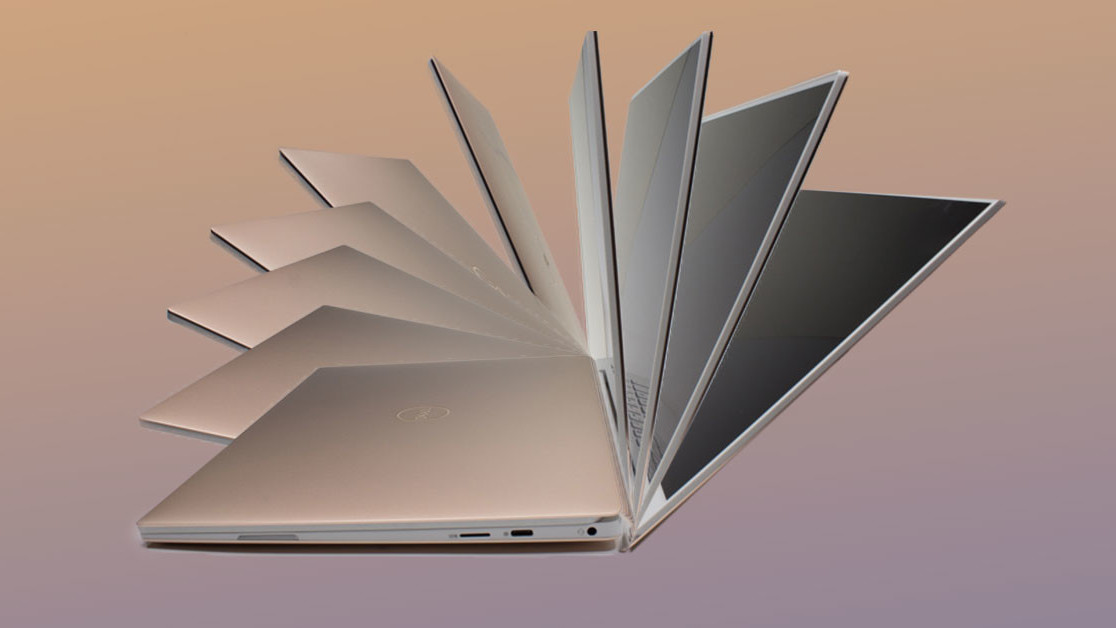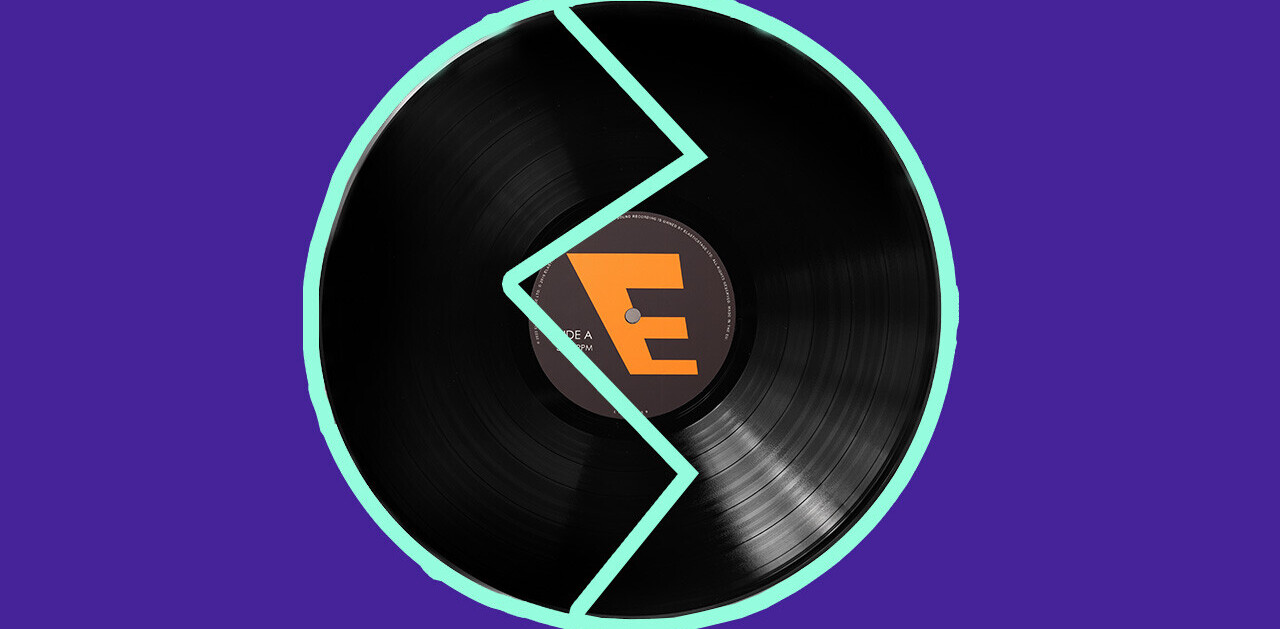
- Product
- XPS 13 9370
- Price
- $1,949.99 as reviewed
I’ve always felt that bigger is better when it comes to laptops. Bring on the behemoths, I say. Hand me that Acer Predator or give me that Alienware 17. So it’s a bit of a shock (for me as well) that I’m convinced my favorite laptop of 2018 will ultimately be Dell’s little XPS 13.
The XPS 13 is a tricky laptop to pigeonhole. I once tried to explain why the BMW M3 was a masterpiece among cars to someone who only understood the language of raw American muscle machines. It’s no less difficult for me now to say the XPS 13 is a better laptop than the XPS 15. This is in spite of the numerous concessions Dell made to shrink it down to become the world’s smallest 13-inch laptop.
You can read our review of the XPS 15 here – it’s the laptop for people who want it all. The 13, on the other hand, is for people who know that sometimes less is more.

For starters, this thing is breathtakingly beautiful. It comes in two color variations: Platinum Silver with Black carbon fiber palmrest or Rose Gold with Alpine White woven glass fiber palmrest. Dell sent the latter, which costs an additional $50. If price isn’t your main concern: get the gorgeous Rose Gold and Alpine White model. Just take a look at it:
I could gush about how much I like the way this thing looks without end. It’s about the size of a spiral-bound notebook, but the excellent edge-to-edge InfinityEdge display leaves little room for bezels. So, it’s a bit of an optical illusion to open it up and watch a 4K movie on it – the screen always seems bigger than it really is. Dell’s done a great job drawing your eyes to the right spot and giving you a reason to keep them there.
The 4K display is brilliant. The aforementioned InfinityEdge display is used to the same excellent effect on the 13 as the 15. I haven’t seen a better screen on a laptop.
The XPS 13 starts out at $849, but that’s without the 4K touchscreen or increased storage. This review is specific to the 4K version, though I’d be as likely to recommend the XPS 13 with a smaller storage option (if we’re disregarding price).
Here’s the technical specifications for the unit we reviewed:
- Processor: Intel 4 Core 8th generation i7-8550U @ 1.8GHz
- RAM: 16 GB LPDDR3 2133MHz
- Storage: 512GB M.2 2280 PCIe Solid State Drive
- Video: Intel® UHD Graphics 620
- Display: 13.3” 4K Ultra HD (3840 x 2160) InfinityEdge touch display
- Wireless connectivity: Killer 1535 802.11ac 2×2 WiFi and Bluetooth 4.2
- Ports and slots: microSD slot, (1) USB-C 3.1 with PowerShare, Displayport, Headset jack, 2x Thunderbolt 3 with PowerShare
- Weight: 2.67 pounds (1.21kg)
- Size: 11.9 x 7.8 x 0.3-0.46 inches (3.02 x 1.99 x 0.78-1.16cm)
The XPS 13 is powerful, fast, and incredibly smooth. It runs Adobe Photoshop, a dozen tabs in Chrome, and a few other odds and ends and still asks for more.
The 8th generation Intel processors have done nothing but impress so far, and they run the XPS 13 like a finely-tuned machine. Round that out with 16GB of RAM and you’ve got a little laptop that’ll keep pace with almost anything in its price range.
I was also impressed by how little it bothered me to move from a full-sized mechanical keyboard to this thing’s little footprint. I liked the keyboard’s stiffness and the keys felt like they had enough travel. And the touchpad is excellent, Dell put a lot of work into making it intuitive and responsive — and it shows.

You are, however, giving up some things in order to get the combination of size, power, and display that the XPS 13 brings. It has a slower processor than the 15, Intel graphics, and the 4K display is a battery killer. I got about 7 hours on a charge with light video and heavy browser use.
You’re also not going to be doing any but the most modest of gaming on this thing. Unlike the XPS 15 (which comes with an Nvidia GTX 1050 card) this thing isn’t designed to run AAA games. If that’s a deal killer you should check out the XPS 15 instead.
The thing that comes closest to ruining the experience, for me, is the lack of ports. I teetered near the edge when I realized that the size and power of the XPS 13 made it perfect for use in my recording studio, but its lack of USB ports meant I’d need to be creative to connect my gear. Luckily, this is easily remedied with a USB hub, but it’s worth paying attention to if you’re considering a similar use.
Another caveat is the price. The storage options seem to belie the “VIP treatment” feel of this high-end gadget – I wouldn’t feel over-pampered if the 512GB SSD was standard. And the lack of a dedicated graphics card makes perfect sense, but the only modest difference in price between the 15 and 13 — considering the 15 comes with an Nvidia card — doesn’t.
And a final negative: this laptop suffers from the same “looking up your nose” webcam placement the 15 does. Keep that in mind if you’re thinking about purchasing this thing for Skyping or other camera-dependent functions.
The Dell XPS 13 certainly isn’t the best bargain in laptops, but it’s my favorite this year. Its size and aesthetic make it the single most “coffee shop-friendly” laptop I’ve used. And make no mistake: this thing is only a smidge less beastly (power-wise) than the 15.
There isn’t another 13-inch laptop I’d recommend over the XPS 13. Despite a few concessions, it’s the perfect combination of power, size, and beauty.
Get the TNW newsletter
Get the most important tech news in your inbox each week.













